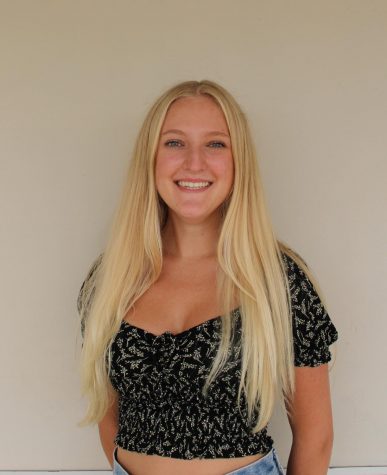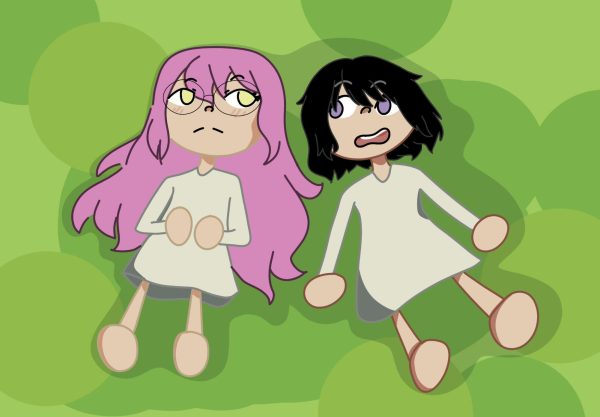Letter from the Editor: Returning to an Evolving Normal
This year, we’ve found ourselves celebrating a truly unprecedented homecoming, figuratively holding more sentiment than ever before. 19 months since COVID-19 first upheaved everything we had ever known, we’ve joined in a celebration of community, spirit, and simple togetherness. Beyond the fanfare of decorated hallways, thematic spirit days, powder tosses, and lunchtime kickball competitions, homecoming represents our return to some fraction of normalcy. Being on campus together, congregating for football games, and simply paging through a physical, printed copy of The Claw is reason enough to celebrate. At long last, we’ve traded chat boxes for face-to-face conversations, virtual thumbs-ups for reassuring nods, and utter isolation for thoughtful communication. No longer living experiences through the pixelated compositions of our screens, this is very well the homecoming of our lives.
As exciting as returning to a version of our pre-pandemic lives has been, it has also marked the reignition of new and existing challenges that plague our student body and wider community. While we abandoned nearly everything we had ever known, sinking into the depths of isolation so as to protect ourselves and humanity at large, inequity persisted. As we masked our own faces, injustice continued to present itself in its entirety, both within our own school and around the world. Inarguably, it’s easy to feel as if the pandemic has robbed us of formative experiences, interactions, and opportunities. Yet, as we transition back to in-person happenings, such losses seem increasingly inconsequential compared to these continued inequalities. If COVID has granted us nothing else, I hope it might be the increased sensitivity necessary to recognize and address those inequities, both locally and globally working towards a future in which all people are not only tolerated, but celebrated.
While this is a time of great festivity and alleviation for many, there is no vaccine for institutional suffering, bias, or marginalization. Rather than pining for all that we lost as a result of the pandemic, might we strive to return to a more equitable world than that which was forcibly left behind?
Your donation will support the student journalists of Campolindo High School's The Claw. Your contribution will allow us to produce more issues and cover our annual website hosting costs.

Senior Jensen Rasmussen has been passionate about ballet since a young age, training and cultivating her love of dance throughout her high school career....

